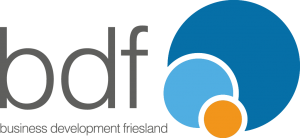What is CE4RT?
The CE4RT project is a trans-national collaborative project supporting a network of tourism SMEs across five partner European hubs in the areas of Sustainable Practice, the Circular Economy and Regenerative Tourism. The focus of this project is to provide tourism SMEs with the tools to implement regenerative practices as a long-term strategy within their region and to contribute to the continued resilience, viability and competitiveness of the industry. 80 SMEs from across the network will be chosen to participate in this project and will be provided with a suite of knowledge and training based on the specific needs and the readiness stage in the sustainable journey.
This will be achieved through a range of activities such as training seminars, mentoring, coaching, community events and familiarisation trips. A repository of knowledge will be created and disseminated on various platforms, not just to the participating tourism SMEs, but will be made available for all tourism practitioners throughout Europe as well as higher educational institutions. An innovative methodology will be employed involving the concept of ‘Leaders and Learners’ with 2 SME participants chosen from each participating jurisdiction to act as leaders within the community for the facilitation and implementation of regenerative tourism practice.
Tourism stakeholders from across Europe will be invited to attend a virtual conference from which the outputs of this project can be shared. The CE4RT project aligns and contributes to a number of SDGs and objectives of a range of EU and UN policy initiatives including the European Green Deal; EU Covid 19 Recovery Framework; EC Circular Economy Action Plan; UNWTO ALULA framework; UNWTO transition to a Green Travel and Tourism Economy.
What are the objectives of CE4RT?
- To develop a peer to peer focused approach and knowledge transfer among tourism SMEs, consortium partners and the wider European tourism ecosystem in relation to the circular economy and regenerative tourism practices.
- To develop training for tourism SMEs in achieving sustainability certification. Identifying the most feasible and appropriate programmes for each sector.
- To support tourism SME’s in the adoption of innovative regenerative tourism practices that involves a community led, holistic approach. This focuses not only on the prosperity of the destination but also the people and the planet as identified by the UNWTO (2021) and the objectives of several SDG’s.
- To incorporate the principles of the circular economy in the short term and regenerative tourism in the long-term into tourism SME business development and value chain.
- To enable tourism SME’s to communicate their tourism offering while maintaining the ethos, culture and heritage of their destination.
- To create an innovative approach for monitoring the impact (social, environmental and economic) of regenerative tourism practices in tourism destinations.
- To ensure the role of the visitor as an ambassador for regenerative tourism in a destination through their own conservation actions and how this experience can result in positive word of mouth and repeat visits.
Project organization structure
The CE4RT Project is funded under the SMP-COSME-2021-TOURSME (COVID-19 Recovery Through Sustainable Tourism Growth and SME Support) program. The project activities are distributed into 6 Work Packages (WPs), each one with a defined scope and objective.
List of participants in the project
https://ce4rt.euproject.site/smes/
Partners
Munster Technological University, (MTU), Ireland
Role: Project participant, Coordinator 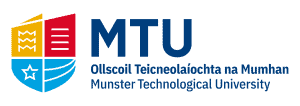
Responsibilities: Lead Partner WP1, Joint lead partner WP3, Lead partner WP6
Iceland Tourism Council (ITC), Iceland
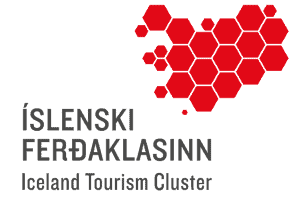
Role: Project participant, Partner
Responsibilities: Joint lead Partner WP2
Stichting Business Development, (BDF), Netherlands
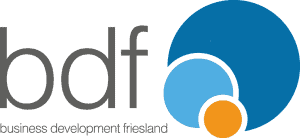
Role: Project participant, Partner
Responsibilities: Joint lead partner WP5
Dingle Peninsula Tourism Alliance , (DTPA), Ireland
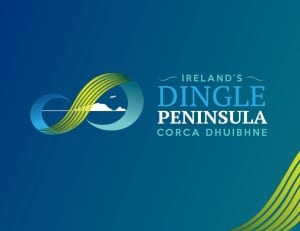
Role: Project participant, Partner
Responsibilities: Joint lead Partner WP2
The Tourism Space (TTS), Ireland
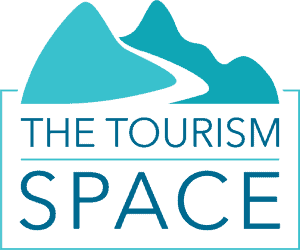
Role: Project participant, Partner
Responsibilities: Joint lead Partner WP3
Eastsavo Educational Federation, (SVCS), Finland

Role: Project participant, Partner
Responsibilities: Lead Partner WP4
Danmar Computers, Poland
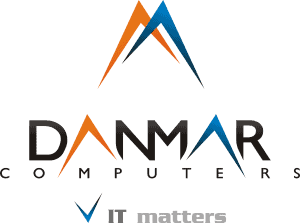
Role: Project participant, Partner
Responsibilities: Joint lead Partner WP5
“Funded by the European Union. Views and opinions expressed are however those of the author(s) only and do not necessarily reflect those of the European Union or the European Innovation

Council and SMEs Executive Agency (EISME). Neither the European Union nor the granting authority can be held responsible for them.”
Project: 101085456 — CE4RT — SMP-COSME-2021-TOURSME








